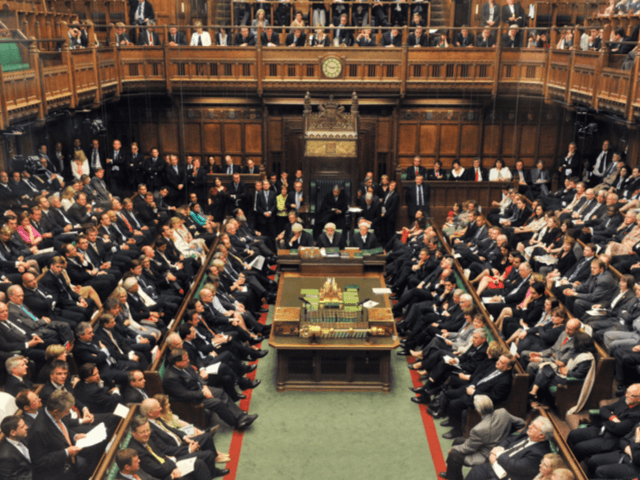An exit from the European Union (EU) could spark a revolution in British lawmaking, opening the floodgates on enough radical new policies to fill the Queen’s speeches for more than a decade, senior Whitehall officials have said.
In preparation for a possible Brexit vote, civil servants are preparing government departments for the most ground-breaking shake-up of the British state structure since the Second World War. They say a Brexit would allow Britain to be released from the “shackles” of the “European corpse”.
Decades of existing legislation on almost every area of life, imposed on Britain by Eurocrats over the years, would need to be unpicked – and that would create the perfect opportunity for ministers and civil servants to question the need for each and every ruling during a vast “de-accession” process.
“Every area from agriculture to fisheries to financial services to energy to justice and home affairs – you would go through every area covered by the 35 areas covered by accession and have some process of de-accession, disentanglement,” a senior UK official told the Telegraph.
“In every area of public life and government life, I think people would want to go through with a fine-tooth comb and be asking the Civil Service: Now we are free to do what we want, what do you want to do with that freedom?”
Officially the government’s position is that a Brexit would cause years of economic uncertainty. Consequently there is no formal planning taking place for a Brexit in either the European Commission or the British Civil Service.
But some senior officials privately believe that leaving the EU would be the catalyst for blue-sky thinking from ministers on how they want an independent Britain to be run.
Ideas being bandied about include a new Ministry for Trade staffed with hundreds of trade negotiators, allowing Britain to forge simultaneous trade deals with countries near and far including Japan, America and China. Currently Britain is banned by the EU from entering into any trade discussions with other nations.
“Every legislative programme for five or 10 years would be dominated by re-regulating and re-legislating everything in a sovereign British way,” an official said.
“Every part of Westminster would want to do that. We would not have unshackled ourselves from the corpse of the European Union in the area of employment regulation in order to replicate everything that we used to have from Brussels employment regulation – else what was the point?”
Uncoupling Britain from the EU is likely to require a vast army of British and EU negotiators, as they horse-trade a British free trade deal with the remaining EU states. But those in favour of a Brexit are confident that a deal could be done relatively easily.
“In those negotiations, it will be in both sides’ interests to prioritise a mutually beneficial free trade deal afterwards,” said Ryan Bourne of the Institute for Economic Affairs.
“It is inconceivable that this will not happen: so either Britain will maintain membership of the so-called Single Market within the European Economic Area (a transitional arrangement until a more bespoke deal can be arranged), or will agree a bespoke free trade deal in the first place (which should be easier for us than for other countries, given our regulations are already harmonised).
“So Brexit should not be thought of as a leap in the dark. It would be more like jumping out of an EU bus into our own car and opting to take a separate road. The immediate view will not change much either way. But ultimately we will be in control of the direction, steering our way through according to our own judgement, rather than being a moaning back seat driver.”
Looking forward to Britain’s Independence Day, an official said: “On June 24, we would be having a very lively debate about what do we want to use our new autonomy and sovereignty for, and in which areas.
“I suppose very crudely I think about [the decision] as a trade-off between sovereignty, autonomy, ability to regulate, legislate in your own areas in your own fashion, Westminster free to do what it wants – and market access.”

COMMENTS
Please let us know if you're having issues with commenting.